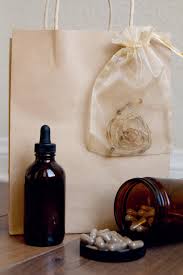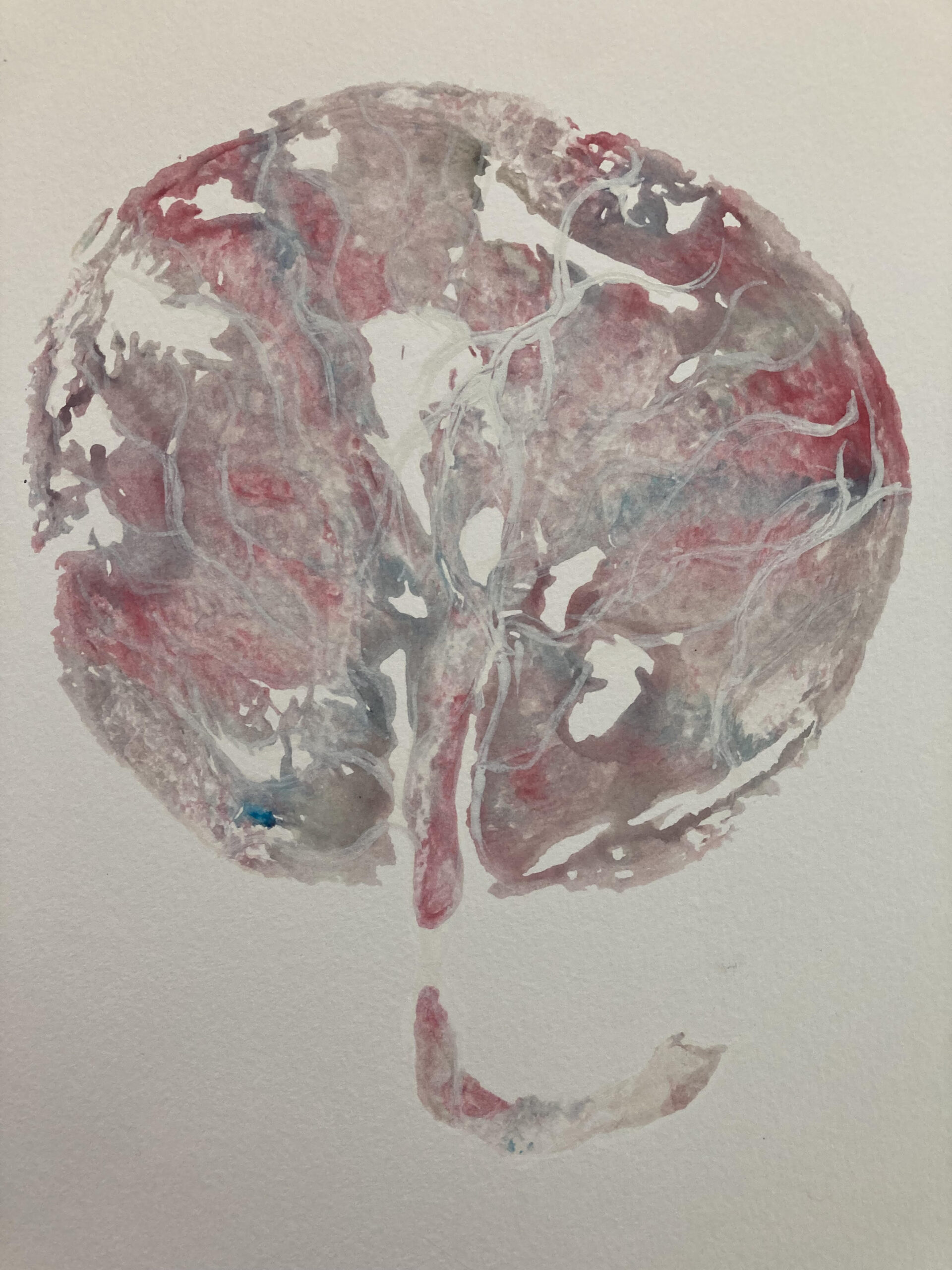Love Your Placenta!
Consuming one’s placenta after birth is an ancient tradition that has recently seen resurgence. Many cultures, including traditional Chinese medicine, have consumed the placenta in some capacity after birth. Ingesting your placenta in the form of a dehydrated powder is based on a Chinese medicine tradition and tends to be more palatable to the Western woman.
In the days after birth, energy levels can take a serious dip and often times emotional stability gets lost in the mix of sleep deprivation and the many changes that occur. The placenta produces a high level of hormones during a woman’s pregnancy that keep her emotions and energy levels balanced. One of these is CRH, a stress reducing hormone. After birth, it takes time for the hypothalamus to begin producing appropriate levels of this hormone again. Ingesting your placenta can help build a bridge during this time of great change and potential baby blues. Some believe that this brief deficiency in CRH is what can kick off a cycle of postpartum depression.
We hear an overwhelming amount of feedback from our clients, even women who have taken their placentas with their second child but not their first, that they experience a clear difference in how they feel!
Postpartum Parents Have Reported
- Postpartum mood stability
- Quicker recovery
- Increase in energy levels
- Healthy milk supply
- Reduction in stress levels
- Reduction in iron deficiency
At this point in time, placenta encapsulation is consumer-driven, and is not an evidence-driven process. Although eating dried placenta has been practiced in traditional Chinese medicine since the 1500s, in the United States consuming placenta has only been fairly popular since the 1970s, with increasing popularity in the past 10 years due to celebrities driving the trend.
Our placenta services are provided by placenta encapsulation specialists with extensive training and certifications in the following:
- Our encapsulators are trained and certified through International Placenta and Postpartum Association.
- They follow OSHA (Occupational Safety and Health Administration) standards for preventing transmission of bloodborne diseases
- They have been Certified By Biologix Solutions, Bloodborne Pathogens & Infectious Control For Placenta Encapsulation.
- Our encapsulators follow Federal and State food handling guidelines.
We ensure that extremely rigorous safety protocols are followed by engaging the following procedures:
- There are certain conditions and circumstances that increase the risk of a placenta contracting or carrying pathogens which would cause the placenta to “risk outs” for encapsulation.
- The placenta encapsulation specialist handles each placenta directly from the doctor, midwife or nursing staff to cut out error from a family member or doula mishandling the placenta.
- The placenta is put into a quick cooling environment within 1 hour of the birth.
- Processing is begun as soon as 4 hours after the birth and always within 48 hours with placentas being held at sensitive organ food handling temperatures under 40 degrees for 48 hours or less.
- The encapsulation specialist processes one placenta at a time in the dedicated placenta processing facility.
- As a part of the placenta preparation process placentas are cleaned, steamed at 135°F for 30 minutes and dehydrated at 160°F for the first 2 hours of the dehydrating process to kill any remaining bacteria.
- The encapsulation specialist utilizes a separate enclosed processing facility that includes the following for safety standards: Stainless steel countertops and sinks, an independent refrigerator kept at below 40°F at all times, a sanitizing dishwasher that reaches a temperature of 175°F, an independent range top for the steaming process and chemical means of disinfection of all non-disposable equipment.
- This process for encapsulation exceeds the CDC and Public Health standards for killing any bacteria including Salmonella and Streptococcus Agalactiae.
Even with all these precautions in place, placenta encapsulation is not without risk. People who choose to ingest their placenta have decided that the potential benefits outweigh the potential risks – especially when they hire a professional placenta encapsulation service like ours that safely handles one placenta at a time.
Please contact us today by emailing info@ashevillehomegrownfamilies.com if you have any further questions about this case study, our process, or to find out if placenta encapsulation is the right choice for you!
If you are interested in having us encapsulate your placenta please contact us, preferably before you give birth. If you have already had your baby, that’s OK as long as: your placenta is no more than 3 days old and has been in the refrigerator or has been in the freezer for less than 6 months. We will pick up your placenta and deliver the pills (delivery is free of charge as long as you have an Asheville, NC zip code.) The turnaround time for a placenta is usually 3 – 4 days, and each placenta usually renders 100-200 pills. Please call us to work out the logistics.

Services We Offer:
Placenta Encapsulation ($300)
Placenta Loose Powder ($275)
Placenta Blood Print ($70)
Placenta Blood & Edible WaterColor Print ($75)
Placenta Art Print not edible ($75)
Additional Placentas ($50 per extra placenta)
Placenta Bundle (encapsulation, cord keepsake, print) $350



I struggled really bad throughout pregnancy with depression and I have been crying most of the time before taking the placenta in the morning and then leveling out after I take them so I know they are working. I really appreciate the beautiful way you preserved the umbilical cord too. The capsules and the cord have made everything that much more special. Thank you.
Ready to take the plunge?
Find out how Homegrown Babies can assist you in reaching your goals…
